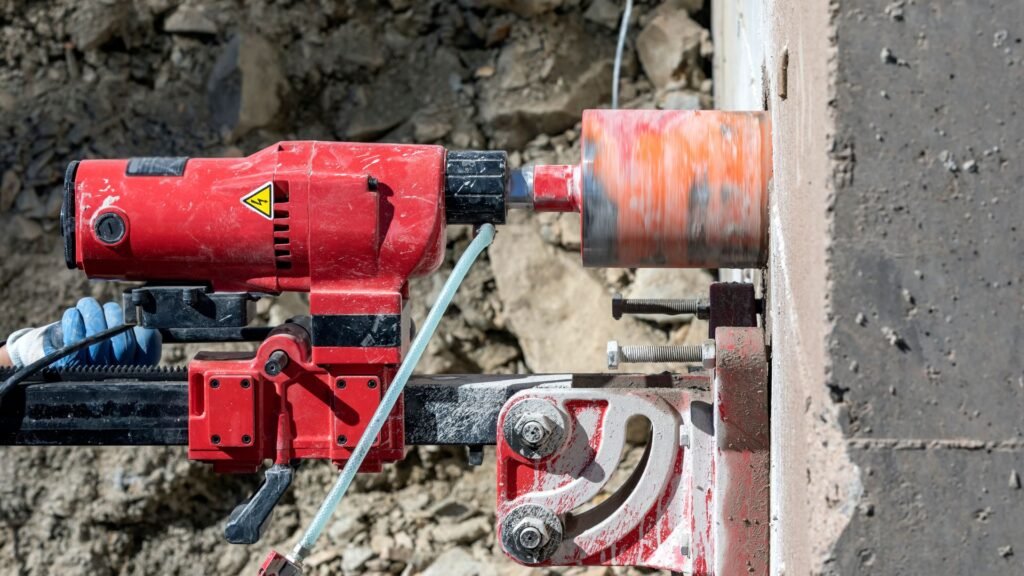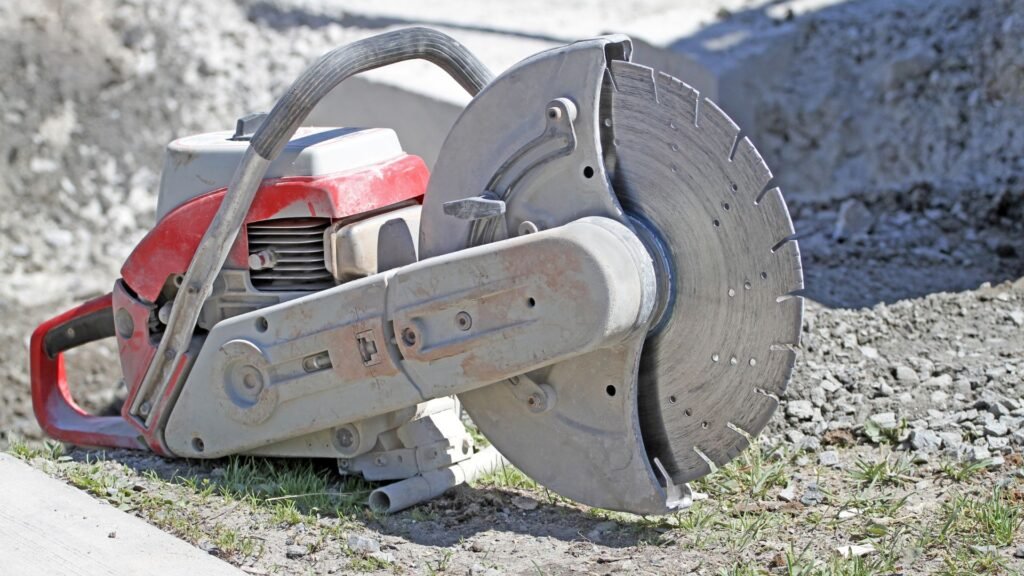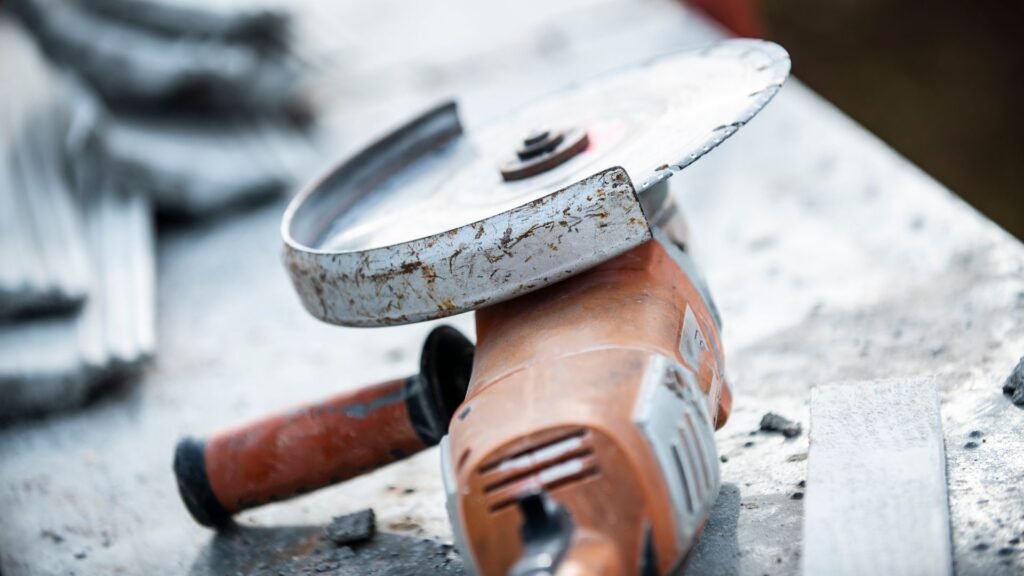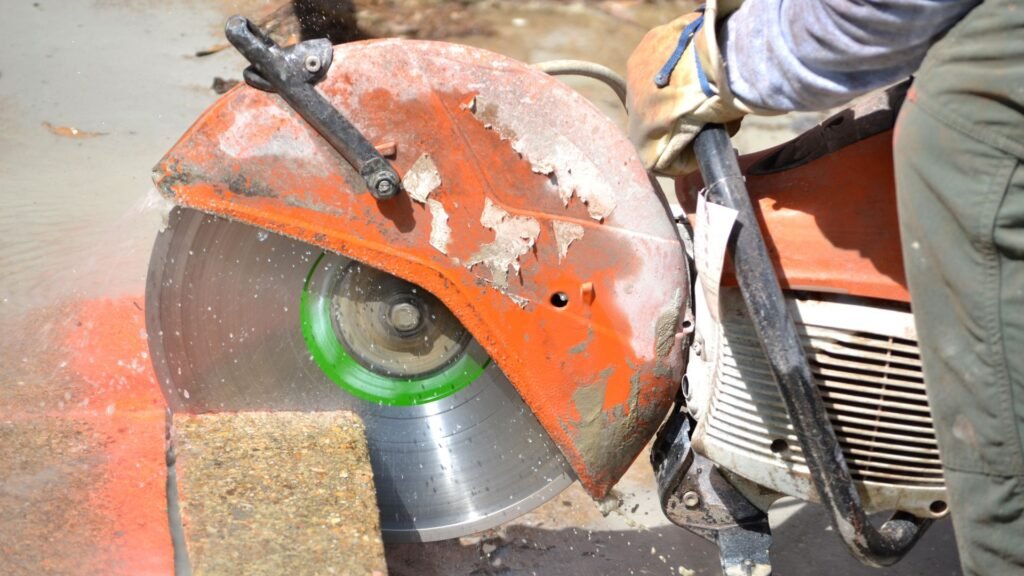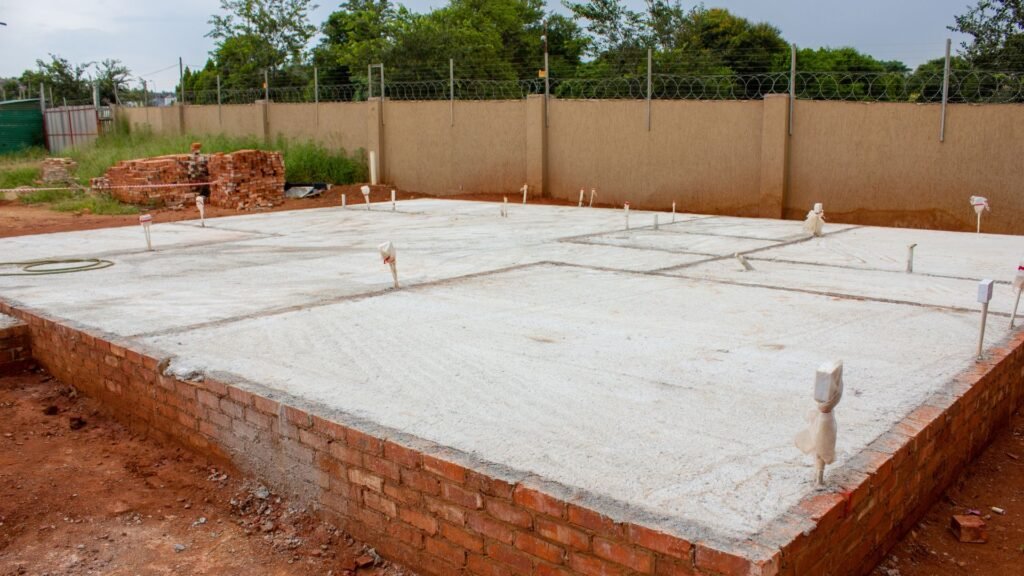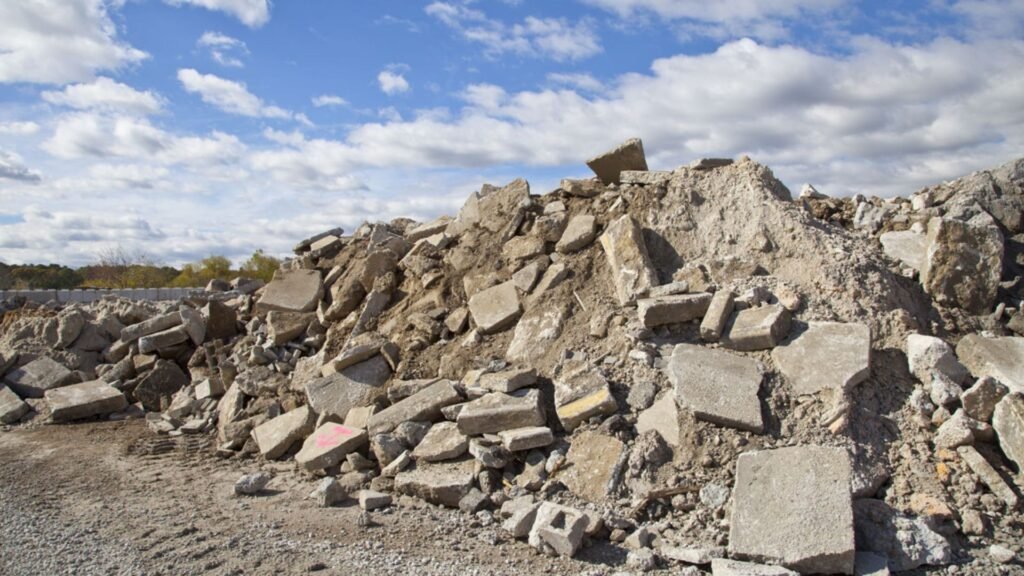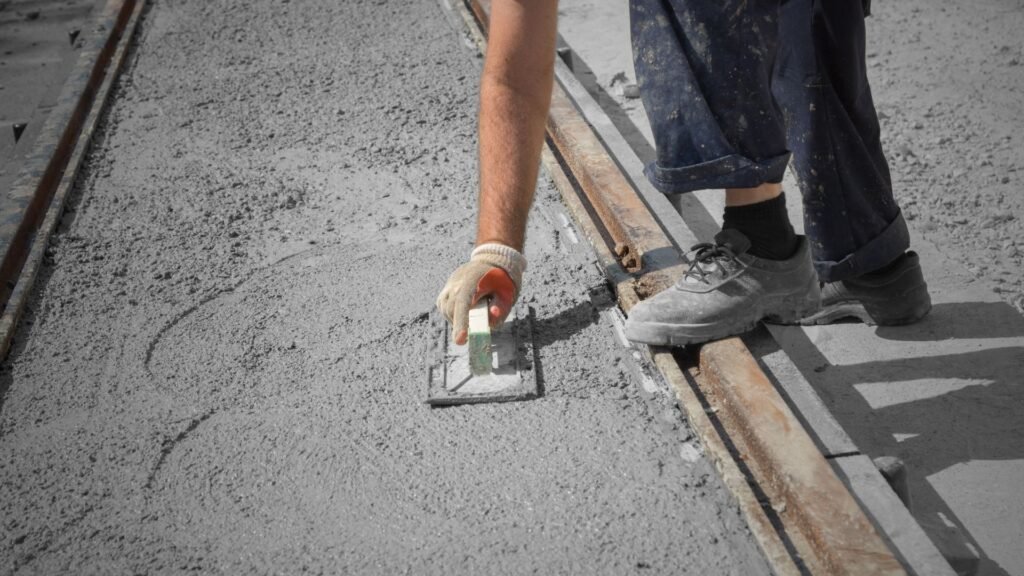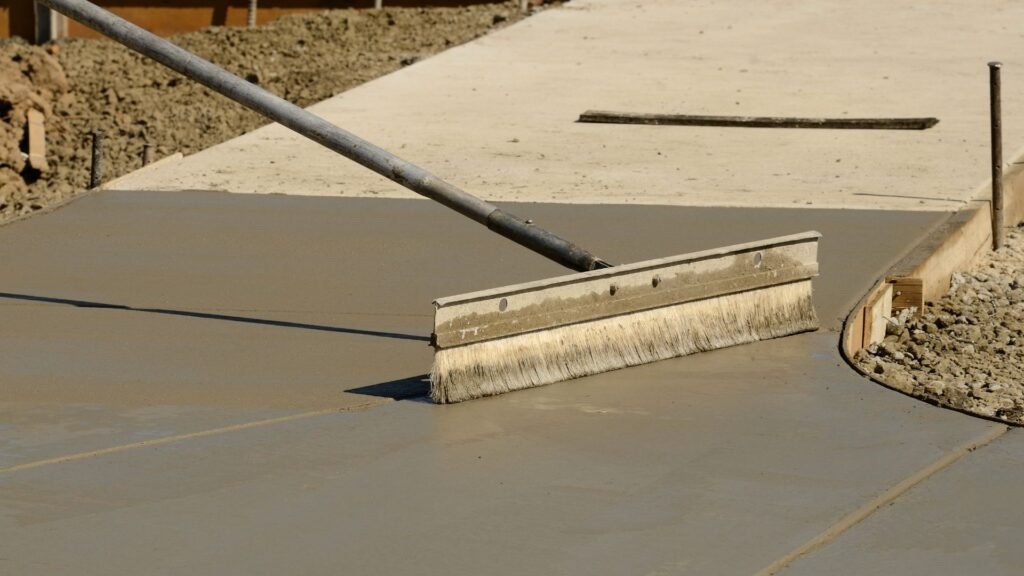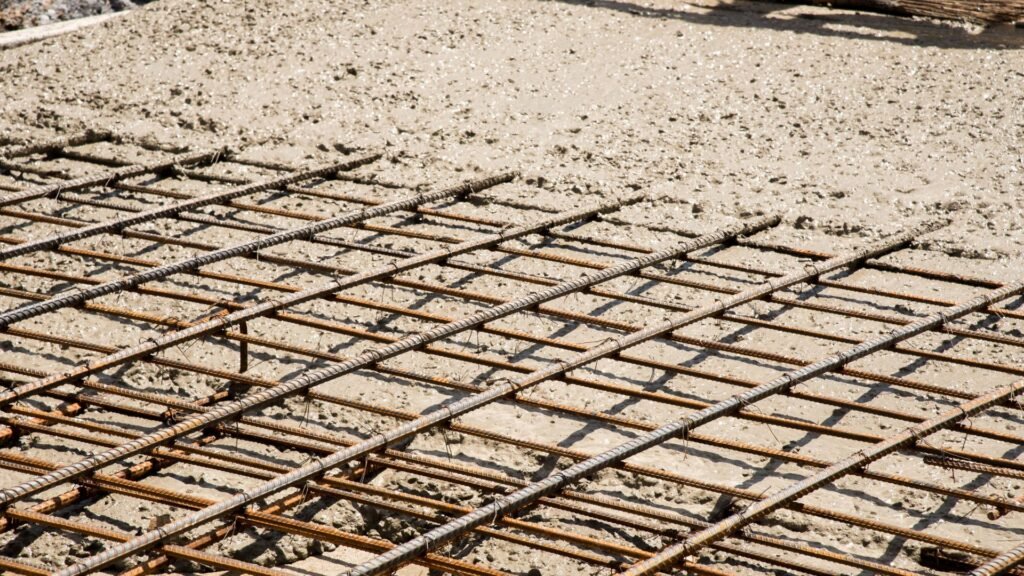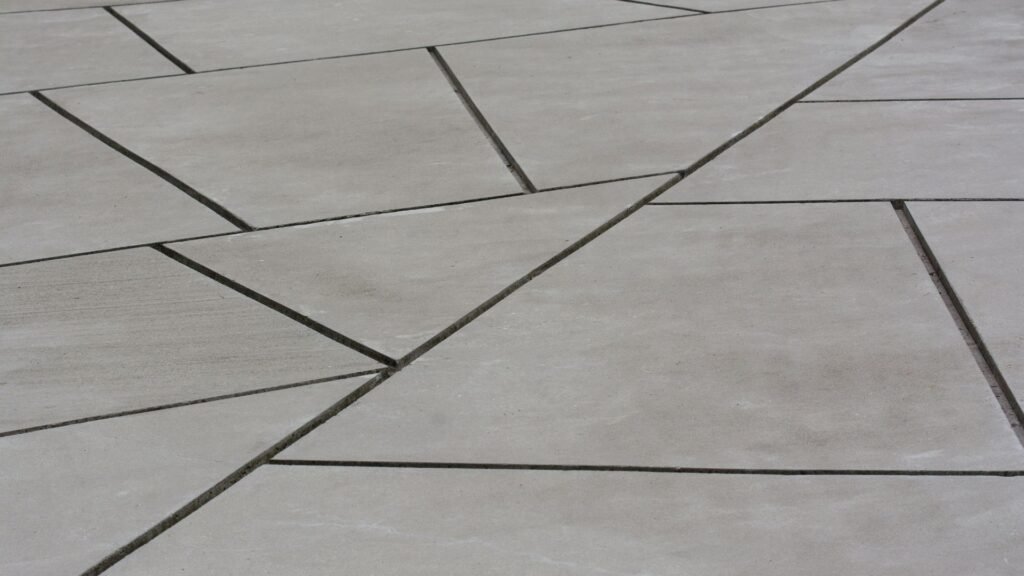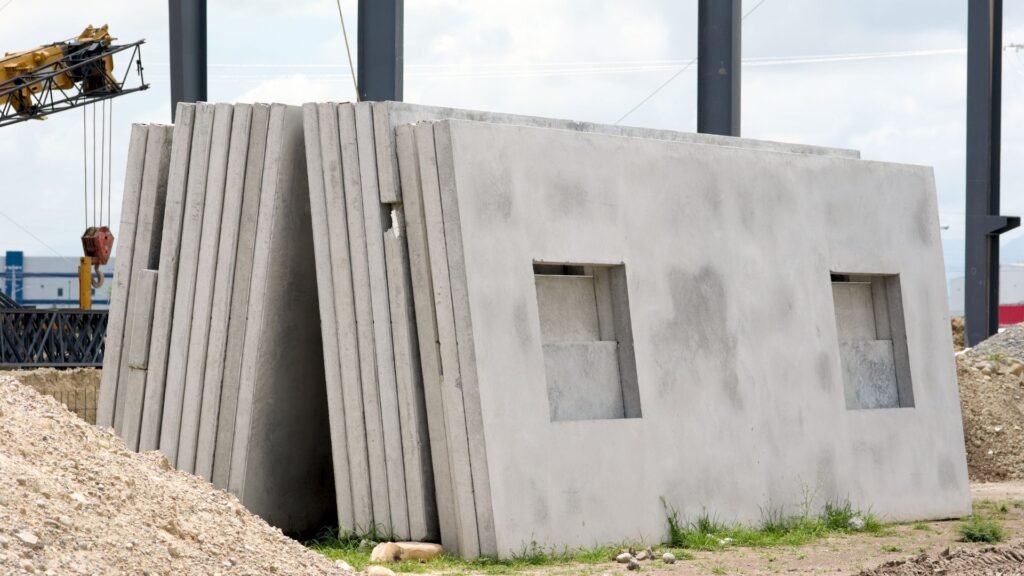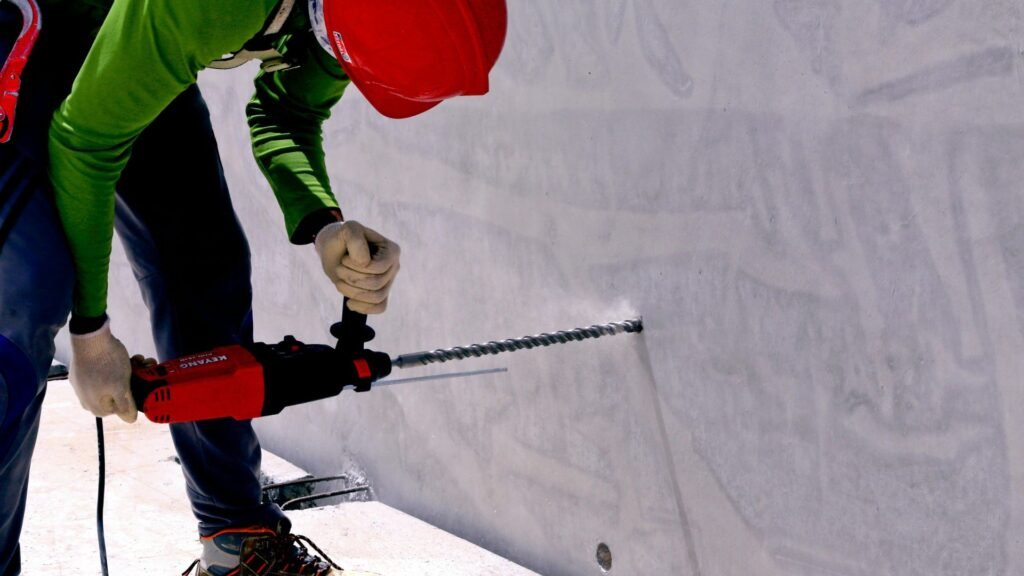Welcome to your go-to guide on concrete cutting costs in Auckland. Whether you’re planning a home renovation, driveway upgrade, or a commercial construction project, knowing what to expect in terms of pricing can save you time, stress, and money. Concrete cutting isn’t a one-size-fits-all service—costs can vary widely based on the type of cutting, the thickness of the concrete, site access, and even how urgent the job is. In this post, you’ll learn what drives those costs, what a typical quote includes, and how to choose the right contractor without overpaying.
Concrete cutting in Auckland typically costs between $80 to $150 per meter, depending on the type of service, concrete thickness, site access, and job complexity. Core drilling, wall sawing, and floor sawing may have different rates. Always request itemized quotes to understand what’s included and avoid unexpected fees.
Table of Contents
Average Concrete Cutting Cost In Auckland
If you’re planning a renovation or construction job, understanding the average concrete cutting cost in Auckland can help you stay on budget and avoid surprises. While prices vary across different providers, you can get a good sense of what to expect by looking at typical ballpark rates based on local industry data.
Ballpark Rates: Per Meter Or Per Hour
Concrete cutting services in Auckland usually charge per meter for linear cuts or per hour for more complex work. The pricing model depends on the job type:
- Per meter: Often used for straight cuts in walls or floors.
- Per hour: Common when the job requires custom work, hard-to-reach areas, or multiple tool changes.
For example, a simple floor cut in a garage might be charged per meter, while a commercial project involving multiple tools could be priced by the hour.
Pricing By Type Of Service
Different types of cutting come with different costs. Here’s a breakdown:
- Wall sawing: Typically $80–$150 per meter
- Floor sawing: Around $60–$120 per meter
- Core drilling: $50–$120 per hole (depending on diameter and depth)
- Hand sawing: $70–$100 per meter, often used in tight spaces
Each service uses different equipment and labor, which affects the final price. For example, core drilling involves specialized tools and may also need water or dust control measures, which can add to the cost.
Real-World Pricing Based On Local Quotes
Recent quotes from Auckland-based concrete cutting companies show that:
- Basic driveway or patio cuts may cost as low as $60 per meter.
- Heavier-duty work, like cutting reinforced concrete or working on second-story walls, can go beyond $150 per meter.
- Hourly rates for larger or more complex jobs generally range from $150 to $250 per hour, depending on the company and equipment.
Keep in mind that quotes may also include or exclude setup, travel, and cleanup. Always ask for a full breakdown before agreeing to a rate.
Why Prices Can Vary Widely
There’s no fixed rate for concrete cutting in Auckland because every job is different. A few factors that impact pricing include:
- Concrete thickness and reinforcement
- Ease of access to the site
- Job size and urgency
- Experience and reputation of the contractor
For instance, cutting a 100mm thick concrete slab in an open driveway will be cheaper than cutting a reinforced wall inside a tight commercial space.
Bottom Line
If you’re comparing quotes, make sure you’re not just looking at the base rate. Ask about what’s included, from cleanup to travel charges. While $80–$150 per meter is a good estimate for wall sawing in Auckland, the real price depends on the specifics of your job. The more details you can provide up front, the more accurate your quote will be.
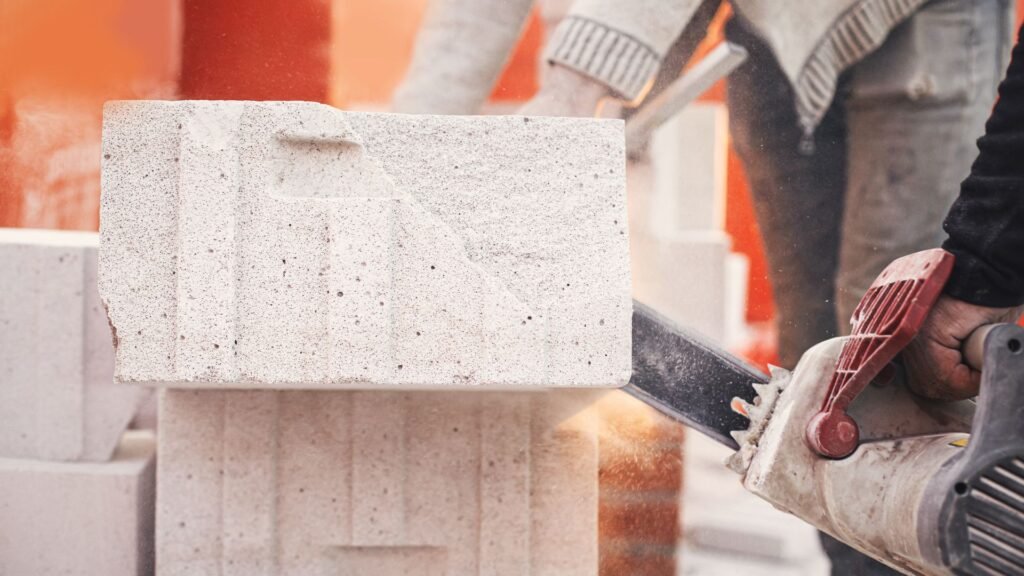
Key Factors That Affect Concrete Cutting Costs
When you’re planning a concrete cutting project in Auckland, understanding what affects the final cost helps you make smarter decisions. Prices aren’t fixed—several details come into play. Below are the most common factors that can change the cost, depending on your project’s needs and conditions.
Type Of Cutting Needed
Floor Vs Wall Cutting
The most common types of cuts are floor and wall cutting, and each has different price points.
- Floor cutting is generally more straightforward and often more affordable. It’s used for driveways, slabs, and foundations.
- Wall cutting, on the other hand, requires vertical precision and is typically more labour-intensive. It’s often used for creating windows, doors, or service openings in reinforced concrete walls.
Because wall cutting involves more setup, safety steps, and sometimes extra equipment, it usually comes with a higher cost.
Core Drilling
Core drilling is used when you need perfect circular holes through concrete. These are typically required for plumbing, HVAC, or electrical wiring.
- The cost depends on the diameter and depth of the hole.
- Jobs requiring deep or wide holes will cost more due to longer cutting time and wear on the drill bits.
This method is more precise and cleaner but requires specialized equipment and skill.
Expansion Joint Cutting
Expansion joints help prevent cracks in large concrete slabs by allowing movement.
- While this is a standard task, the length and number of cuts needed will affect the total cost.
- It’s usually priced per meter and may be less expensive per cut than other services.
Still, contractors will factor in setup time and finishing.
Hand Vs Machine Tools
- Hand tools are used for smaller, harder-to-reach areas. They require more manual labour and may slow down the job.
- Machine tools—such as road saws or track-mounted saws—are faster and better for large or repetitive cuts.
Machine cutting may have higher equipment charges but can reduce labor hours, which balances out the cost.
Thickness And Strength Of Concrete
Not all concrete is the same.
- Thicker slabs or reinforced concrete take longer to cut and wear down blades faster.
- The more dense or cured the concrete, the tougher the job.
This means more time, more wear on equipment, and more labour—all of which increase the cost. A 100mm residential slab is quicker to cut than a 300mm industrial floor.
Access To The Site
Site access has a big impact on how much time and effort a job will require.
- If the cutting area is easy to reach—like a driveway or open garage—costs stay low.
- If the team has to carry heavy gear through narrow hallways, stairs, or over uneven ground, expect higher costs.
Also, if the site needs special equipment like scaffolding or elevated platforms, that will add to your quote.
Waste Removal
Cutting concrete creates rubble, dust, and slurry—someone has to clean it up.
- Some companies include waste removal in their quote.
- Others charge extra to dispose of leftover material.
Make sure to ask if disposal fees are part of your quote. If not, you might be hit with surprise costs after the job is done.
Time Of The Job
Timing can impact your final bill.
- Jobs scheduled during normal business hours are the most cost-effective.
- If your project must be done after hours, on weekends, or public holidays, companies may charge overtime or call-out fees.
This is especially true for commercial jobs that need to be completed outside of trading hours.
Urgency
Need the job done today? Be ready to pay more.
- Same-day or emergency services usually come at a premium.
- Contractors may have to reschedule other work or bring in extra help to meet your deadline.
If you can plan ahead, you’ll often get better rates and more options.
By understanding these key factors, you’ll be better prepared when discussing your project with a concrete cutting contractor in Auckland. Knowing what affects the price helps you compare quotes more accurately and avoid hidden costs.
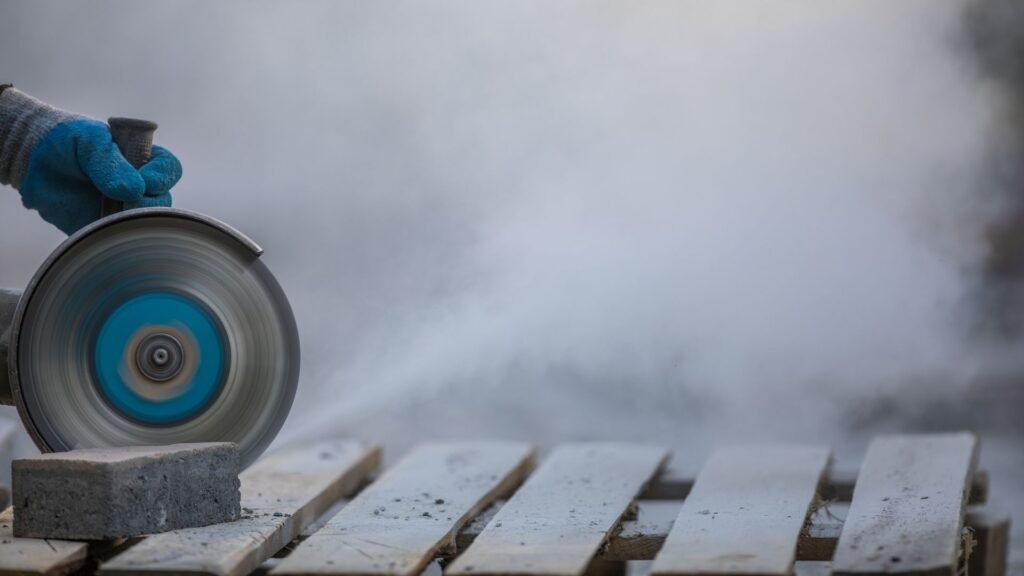
What’s Usually Included In The Quote?
When you request a concrete cutting quote in Auckland, it’s important to understand exactly what’s covered. Not all quotes are the same, and hidden costs can add up fast if you’re not careful. Knowing what’s usually included helps you compare providers fairly and avoid surprises later on.
Here’s a breakdown of the typical items you’ll find in a professional concrete cutting quote:
Labour
This is the cost of the time and skill of the crew doing the job. Labour charges are based on the scope of work, the number of workers needed, and how long the project is expected to take. More complex jobs—like cutting reinforced concrete or working at heights—often take longer and may require higher-skilled workers, which can increase the rate.
Always check if the quote is charged by the hour or by the job. Some companies offer a fixed rate, while others bill by time spent on site. Ask if travel time is part of the labour cost.
Equipment
Concrete cutting requires specialized tools—like wall saws, floor saws, or core drills—depending on the job. The quote usually includes the cost of using this equipment. Some companies own their machines, while others rent them and pass the cost on to you.
You’re paying not just for the machine, but for the expertise to use it safely and effectively. If extra equipment like water suppression systems or dust extraction units is needed, that should also be part of the quote.
Site Clean-Up
After cutting, concrete dust, slurry, and rubble can make a mess. A good contractor includes site clean-up in their pricing. This covers removing debris, sweeping or washing down the area, and leaving the site in usable condition.
But not all quotes include this. Some will charge a separate clean-up fee. Always ask if clean-up is part of the price or an optional extra.
Travel Fees (Especially For Outer Auckland)
If your property is outside central Auckland, you may see a travel fee on the quote. This helps cover the cost of fuel and time spent reaching your location.
The farther the contractor needs to travel, the more likely a travel fee will apply. Ask about this upfront—especially if you’re in areas like Pukekohe, Warkworth, or West Auckland.
Whether The Quote Includes GST
In New Zealand, all services are subject to GST (Goods and Services Tax). But not every quote will state whether it’s inclusive or exclusive of GST. That 15% can make a big difference to your budget.
Make sure you know whether the total quote already includes GST. If it’s not clear, ask directly. Reputable contractors will provide transparent pricing.
Quick Tip: Always request an itemized quote. That way, you can see exactly what you’re paying for—and spot any extra charges before you approve the job.
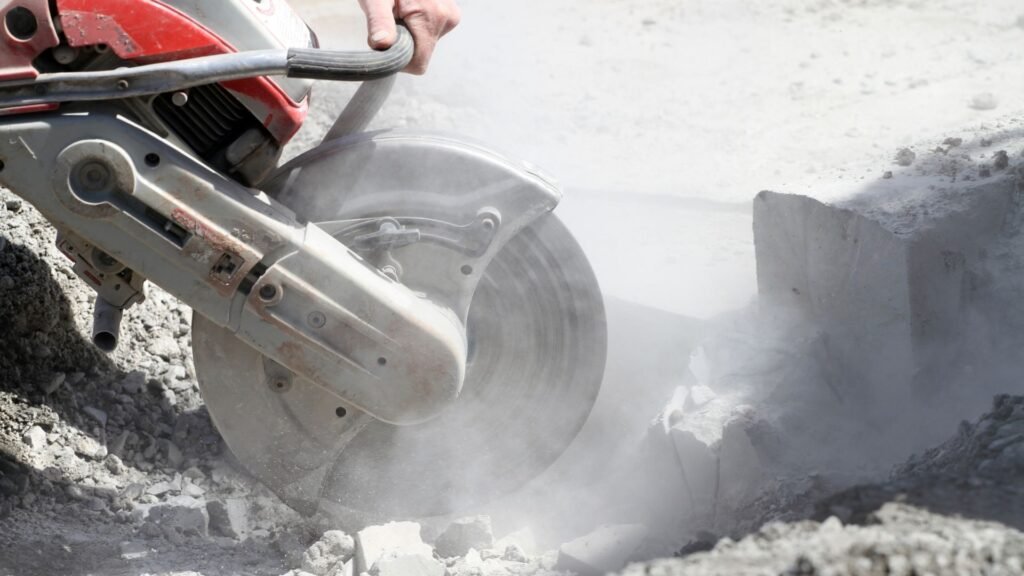
How To Avoid Overpaying For Concrete Cutting In Auckland
Concrete cutting isn’t something you book every day. That’s why it’s easy to get overcharged if you don’t ask the right questions or compare options. This section walks you through practical steps to help you spend wisely and still get quality results. Whether you’re cutting a driveway, creating plumbing access, or working on a renovation, these tips apply to most Auckland jobs.
Get At Least 2–3 Quotes
Never settle for the first quote you receive. Pricing can vary widely between contractors—even for the exact same job. Some companies have higher overhead costs, while others may charge more based on urgency or location. When you get two or three quotes, you get a clearer picture of what a fair price looks like. You also get to see how detailed each company is in their communication, which helps you spot red flags early.
Ask For Itemized Pricing
Always ask for a breakdown of the costs. A good quote should clearly show the cost of labor, equipment, travel, disposal, and any extra services. Without this level of detail, you’re more likely to miss hidden fees or surprise charges after the work is done. Itemized pricing makes it easier to compare quotes side by side and ask questions if something seems too high or too vague.
Check If Fixed Pricing Is Possible
Some jobs can be quoted with fixed pricing, especially smaller or straightforward projects. Fixed pricing gives you peace of mind because you’ll know the final cost before the work starts. If a contractor only offers hourly rates, ask them to estimate the total time and set a cap. This way, you avoid ballooning costs caused by delays or unforeseen issues on-site.
Ask If Cleanup And Waste Removal Are Included
Not every contractor includes cleanup in their quote. Leftover concrete rubble, slurry, or dust can be a real mess. If the company doesn’t mention cleanup, you’ll either have to do it yourself or pay another fee later. Always confirm whether they’ll remove debris, wash down the site, or leave it “as-is.”
Compare Online Reviews And Portfolios
Reputation matters. Before booking, check Google Reviews, Facebook pages, or trade websites for feedback from past customers. Look for consistent patterns—whether good or bad. A few positive reviews mean less than dozens of detailed, recent ones. Also, ask to see before-and-after photos or videos of similar jobs. Seeing their past work helps you judge whether they’re worth the price they’re asking.
Avoid Cheap Prices With Vague Terms
If a quote looks too good to be true, it probably is. Lowball offers often come with vague wording, hidden charges, or poor-quality work. You may end up paying more in the long run to fix sloppy cutting or damage to your property. A professional contractor should offer fair, transparent pricing and clearly explain what’s included.
Taking a little extra time to review quotes, ask smart questions, and check backgrounds can save you hundreds—if not thousands—of dollars. And it puts you in control of the project from start to finish. Don’t just pick the cheapest option. Pick the one that offers the best value and peace of mind.
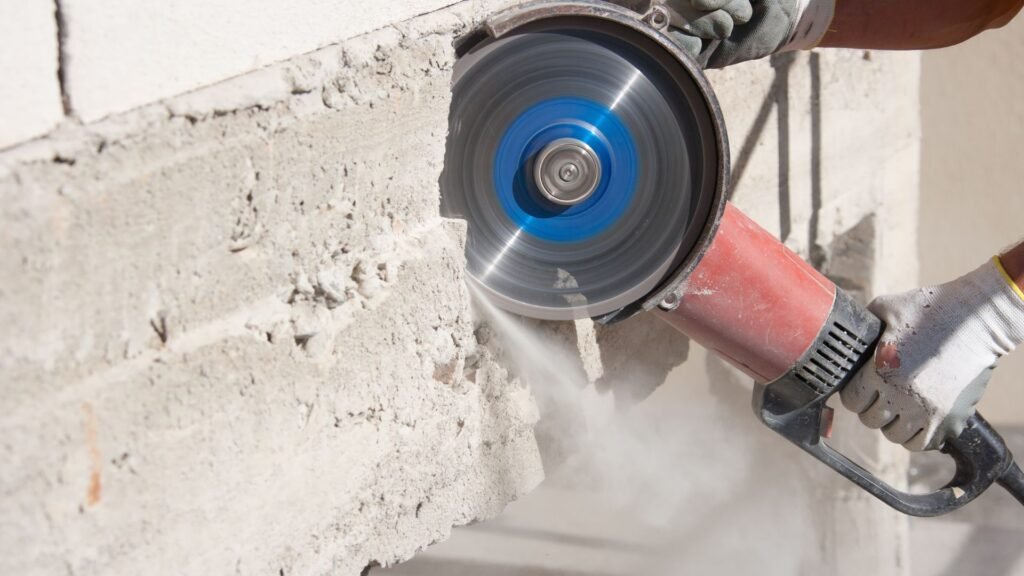
DIY Vs Hiring A Professional
When it comes to concrete cutting, many homeowners and property managers consider doing it themselves to save money. But what seems like a simple job often turns into a costly mistake. Below, we break down why DIY concrete cutting is risky, what it actually costs, and when it’s smarter to bring in a professional.
Why DIY Concrete Cutting Is Risky
Cutting concrete is not just about using a saw—it involves skill, precision, and the right equipment. Here’s why doing it yourself can be dangerous and inefficient:
- Safety Hazards: Concrete cutting generates dust, debris, and intense noise. Without proper protective gear and experience, you risk injury to your eyes, lungs, and ears. A wrong move with a powerful saw can also result in serious accidents.
- Lack Of Precision: Professionals are trained to make clean, accurate cuts without damaging surrounding areas. DIY attempts often lead to cracks, uneven edges, or structural issues that cost more to fix later.
- Wrong Tools For The Job: Concrete thickness, material strength, and cutting depth require specific blades and saws. A tool that works on one slab might fail on another. Most rental options offer limited flexibility and aren’t always maintained properly.
Cost Of Renting Gear And The Risk Of Mistakes
While DIY might appear cheaper upfront, the hidden costs add up quickly:
- Rental Fees: Hiring a concrete saw and vacuum system can cost $150–$300 per day, depending on the machine type and rental provider.
- Consumables: Diamond blades wear out fast and may need replacing mid-job. These aren’t always included in the rental price and can cost over $100 each.
- Transport And Setup: Most heavy-duty cutting equipment is bulky. You may need a trailer or truck to haul it—another cost many overlook.
- Mistakes Are Expensive: One wrong cut can ruin a slab, break embedded pipes, or damage structural elements. The cost of repairing that damage usually outweighs any savings from doing it yourself.
When It’s Better To Leave It To The Pros
Here’s when hiring a professional concrete cutter makes more sense:
- Structural Work: If you’re cutting near foundations, walls, or load-bearing areas, an expert ensures the job won’t compromise the building’s integrity.
- Precision Jobs: Drilling perfect cores for plumbing or electrical work requires specialized tools and a steady hand. Professionals guarantee clean, accurate results.
- Large Projects Or Tight Deadlines: A pro team gets the job done faster and cleaner. They also handle cleanup, permits (if needed), and disposal—saving you time and stress.
- No Room For Error: If your budget can’t absorb mistakes, it’s safer to invest in a qualified contractor from the start.
Hiring a professional may cost more upfront, but it’s a smart investment when you consider safety, quality, and peace of mind. Whether you’re planning a small home project or a large-scale build, choosing expert help often ends up being the most cost-effective choice.
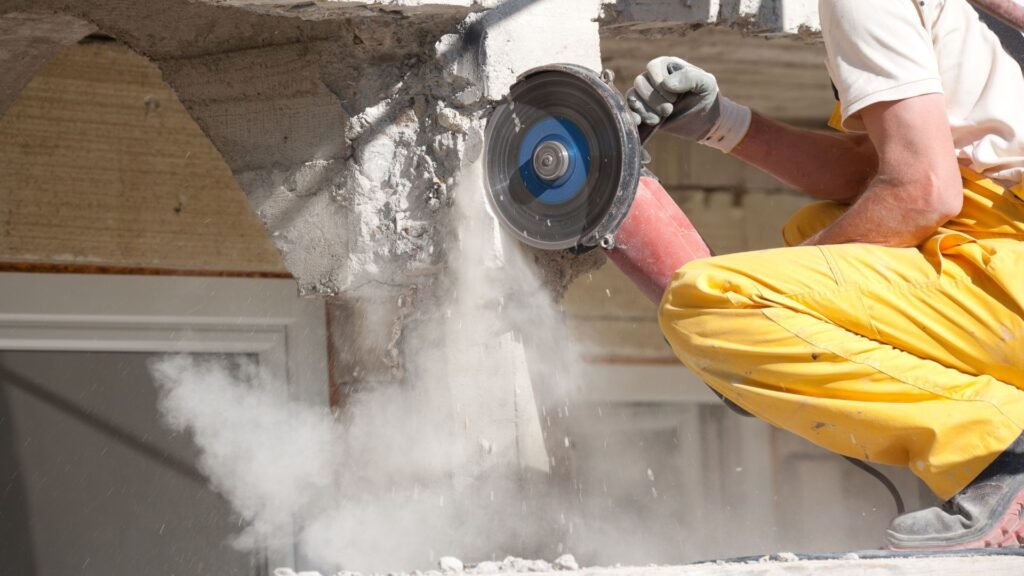
Questions To Ask A Concrete Cutter Before Hiring
Choosing the right concrete cutter in Auckland isn’t just about price. You also need to know if they’re experienced, reliable, and safe to work with. Before you hire anyone, ask the right questions to avoid unexpected costs or poor workmanship.
Here’s a breakdown of what to ask—and why it matters.
Are You Licensed And Insured?
Always start with this. A licensed contractor follows industry standards and local regulations. Insurance matters just as much. It protects you from liability if someone gets hurt on the job or if property damage happens. If a cutter can’t provide proof of insurance, that’s a red flag.
Tip: Ask to see their insurance certificate and license details. Reputable companies won’t hesitate to show them.
Do You Charge Travel Or Callout Fees?
Some contractors add extra charges for coming to your site, especially if it’s outside central Auckland. These travel or callout fees can add up fast if you don’t ask upfront.
Knowing this helps you compare quotes fairly. One contractor might seem cheaper—until the hidden fees show up on the invoice.
Ask this early: “Is your quote inclusive of travel and setup costs?”
What Safety Precautions Do You Take?
Concrete cutting involves sharp tools, dust, noise, and sometimes electricity or water. That makes safety a serious issue. A responsible cutter should explain how they protect your property, themselves, and anyone else nearby.
They should mention:
- Use of protective gear
- Dust control systems
- Barriers or signage
- Noise management
- Adherence to New Zealand health and safety standards
If they give vague answers or avoid the question, find someone else.
Can You Show Past Similar Jobs?
Any experienced contractor should have a record of past work—photos, videos, or client references. This proves they can handle your type of project, whether it’s driveway cutting, wall sawing, or core drilling.
Ask for 1–2 examples similar to your job. Then follow up by checking Google reviews or testimonials online.
Do You Handle Permits If Needed?
Some concrete cutting jobs, especially on commercial properties or near public areas, require local council approval. Not all contractors will sort this for you. Knowing who handles permits avoids delays and legal issues later.
If the contractor does handle permits, ask:
- What’s included in that process?
- Are permit costs part of the quote?
For small home projects, this might not apply—but it’s better to ask than assume.
Asking these five questions helps you spot real professionals from part-timers. It also helps prevent surprise fees, delays, or safety problems. Taking just five minutes to ask could save you hundreds of dollars—and a major headache.
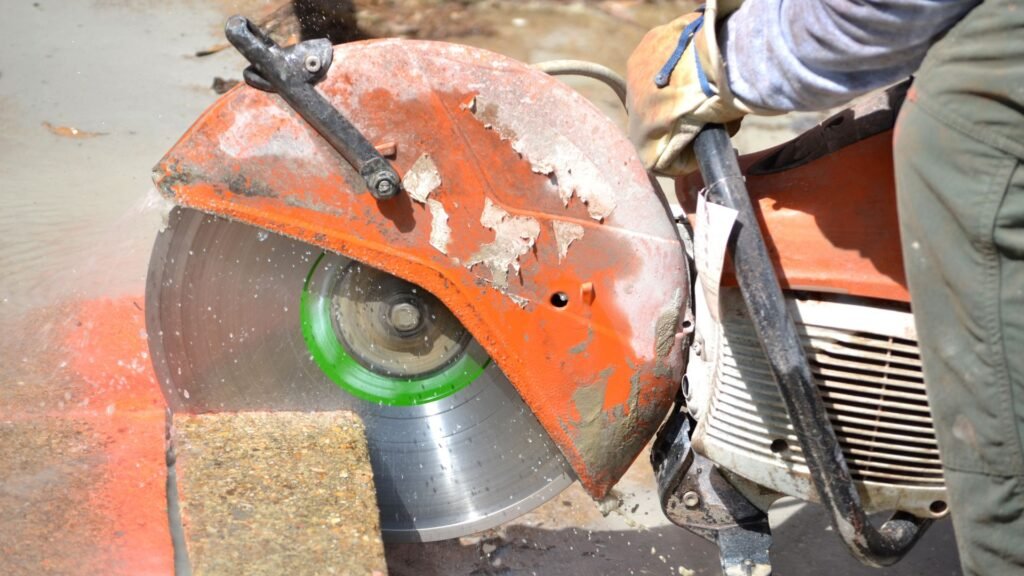
Trusted Concrete Cutting Services In Auckland
Finding a reliable concrete cutting company in Auckland can make a major difference in both cost and quality. With so many contractors offering similar services, it helps to know which companies are well-reviewed, experienced, and trusted by local customers. Below is a brief, unbiased list of concrete cutting providers that serve the Auckland area. This is not a sponsored list—just a helpful starting point based on publicly available customer feedback and service details.
Concrete Cutters Auckland
Located in East Auckland, Concrete Cutters Auckland is known for handling residential projects like driveways, patios, and renovation jobs. Many homeowners choose them for their consistent work and fair pricing.
Customer highlights:
- Fast response time
- Good communication
- Clean finish and minimal disruption
City Concrete Cutters
City Concrete Cutters serve both residential and commercial customers across Central and South Auckland. They specialize in precision wall sawing, floor cutting, and core drilling for commercial projects.
Customer highlights:
- Clear quotes with no hidden charges
- Punctual and professional teams
- Trusted by builders and property managers
Pro Cut Concrete Cutting
Pro Cut is based on the North Shore and handles a wide range of cutting services, including large-scale concrete removal and driveway expansion. They’re often recommended for complex or time-sensitive jobs.
Customer highlights:
- Handles urgent jobs efficiently
- Experienced with older concrete
- Transparent pricing and polite crew
Auckland Concrete Drilling & Cutting
This company focuses heavily on core drilling and commercial concrete cutting in industrial zones and new builds. Their team is often praised for working well with other contractors on-site.
Customer highlights:
- Highly experienced with large sites
- Flexible scheduling
- Clean, accurate work on reinforced concrete
Precision Concrete Cutting NZ
Operating city-wide, Precision Concrete Cutting NZ covers everything from slab sawing to joint cutting and demolition prep. They’re frequently mentioned for their modern equipment and safety-first approach.
Customer highlights:
- Very detail-oriented
- Communicates clearly before and during the job
- Keeps work areas clean and contained
Before choosing a company, always check reviews on Google, ask for a written quote, and make sure they have experience with your specific type of project. A good contractor will be transparent, easy to communicate with, and willing to answer your questions.
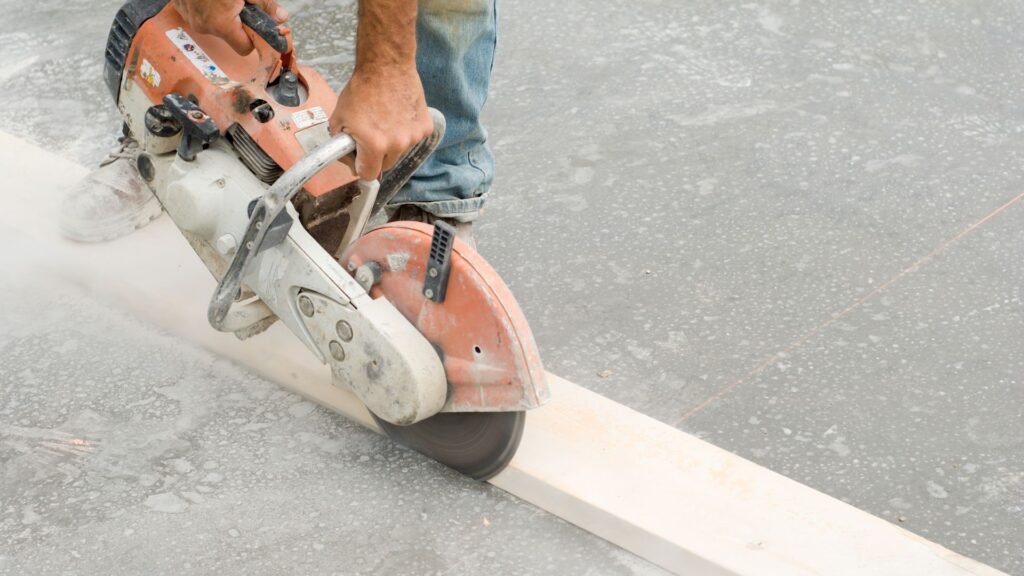
Final Tips Before Booking
Before you pick up the phone to book a concrete cutting service in Auckland, take a moment to get clear on a few important details. These simple steps can help you avoid hidden costs, miscommunication, and last-minute surprises. Whether you’re a homeowner working on a small driveway or a project manager overseeing commercial renovations, knowing how to prepare can make all the difference.
Know What You Need Before Calling
Start by figuring out exactly what kind of cutting job you’re dealing with. Are you cutting through a driveway slab, removing part of a wall, or drilling for pipes? Is it indoor or outdoor? Does the job involve thick concrete or any rebar?
The more information you provide up front, the more accurate your quote will be. Vague requests like “I need some concrete cut” won’t help the contractor understand your needs or give you a fair price. Be specific about the size, location, and purpose of the cut. If possible, take photos or measurements to share when you ask for a quote.
Be Clear About Your Timeline And Budget
When do you need the job done? If you’re flexible, you might get a better rate during off-peak hours. If you’re in a rush, let them know—some companies charge more for urgent or after-hours work, so it’s better to discuss timing early.
Also, set a budget range. You don’t need to share it right away, but knowing what you’re willing to spend helps you filter quotes and focus on realistic options. If a quote seems too high or too low, ask why. A detailed breakdown can show you exactly what you’re paying for.
Don’t Rush—Ask Questions And Compare Quotes
Take your time before committing. Get at least two or three quotes from different companies. This gives you a clearer picture of what the average rate should be for your job.
More importantly, ask questions. Some useful ones include:
- Is cleanup included?
- Are there any travel or equipment fees?
- What’s your estimated time to complete the job?
- Do you charge extra for cutting through reinforced concrete?
Asking questions not only helps you compare services, but also shows the contractor that you’re informed and serious. Companies that hesitate to answer clearly or avoid giving details are often worth skipping.
Need reliable concrete cutting in Auckland at the right price? Get in touch with our team today for fast quotes, honest advice, and quality work you can trust.
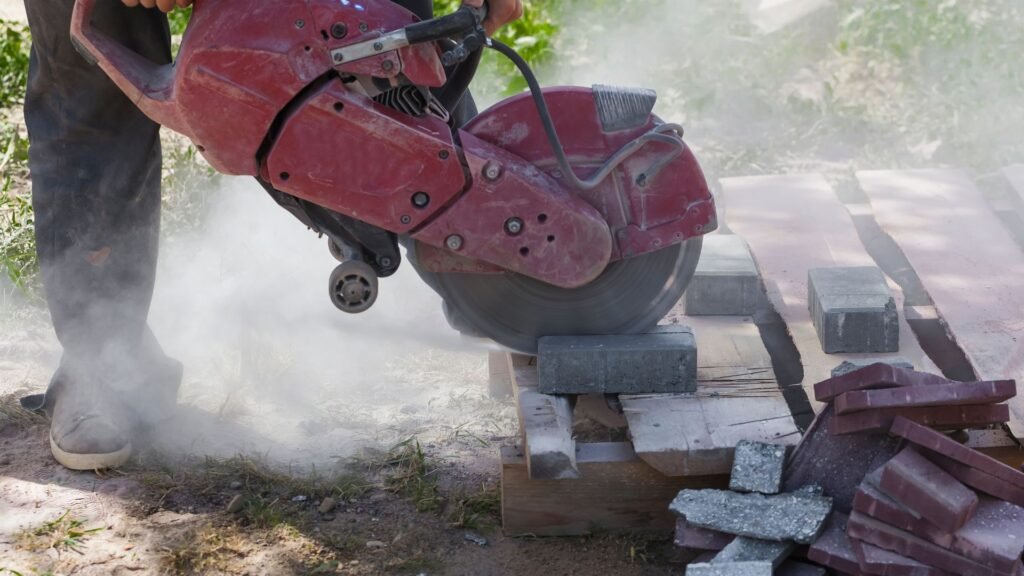
FAQs: Concrete Cutting Cost In Auckland
How much does concrete cutting cost in Auckland?
Concrete cutting in Auckland typically ranges from $80 to $150 per meter. The final cost depends on the type of service, concrete thickness, site access, and whether waste removal is included. Hourly rates can also apply for some projects.
What affects the cost of concrete cutting?
Key factors include the type of cutting (e.g., wall sawing, core drilling), concrete thickness, site accessibility, cleanup needs, time of day, and how urgent the job is. More complex projects or weekend jobs usually cost more.
Is there a difference in price between residential and commercial concrete cutting?
Yes. Residential jobs are often simpler and more affordable. Commercial jobs may involve larger areas, reinforced concrete, and specific safety standards, which can increase the price.
Do all quotes include cleanup and waste removal?
Not always. Some companies charge extra to remove concrete rubble and dust. It’s important to ask if cleanup is included when comparing quotes.
Can I cut concrete myself to save money?
While DIY is possible, it’s risky. Renting the right tools can be expensive, and mistakes can lead to costly repairs. Professionals ensure safe, accurate results and follow safety protocols.
How do I choose a reliable concrete cutting contractor in Auckland?
Get multiple quotes, check online reviews, ask for references, and confirm licensing and insurance. A clear, itemized quote and good communication are also key signs of a trustworthy contractor.
How long does a concrete cutting job usually take?
It depends on the project. Small residential jobs can take 1–2 hours, while larger or more complex commercial tasks may last several hours or a full day.
Are permits required for concrete cutting in Auckland?
For small residential work, permits are usually not needed. For commercial or public space work, you may need council approval. A good contractor will advise if permits are necessary.
What safety precautions are taken during concrete cutting?
Professionals use protective gear, dust suppression systems, and proper cutting tools. They also follow health and safety regulations to protect both workers and your property.
Can concrete be cut in wet weather?
Cutting in light rain is possible, especially with water-based cutting methods. However, heavy rain may delay the work for safety and equipment reasons. Always check with your contractor.
Conclusion
Now that you understand what affects concrete cutting costs in Auckland—such as the type of cutting, concrete thickness, site access, and additional fees—you’re in a much better position to make a smart, informed decision. Whether you’re planning a small residential job or a large commercial project, it’s always worth reaching out to a trusted professional who can assess your site and provide a clear, itemized quote. A proper site assessment helps identify potential challenges early, avoid surprise costs, and ensure the job is done safely and efficiently. If you’re ready to move forward, don’t hesitate to contact a local expert and get the process started with confidence.




